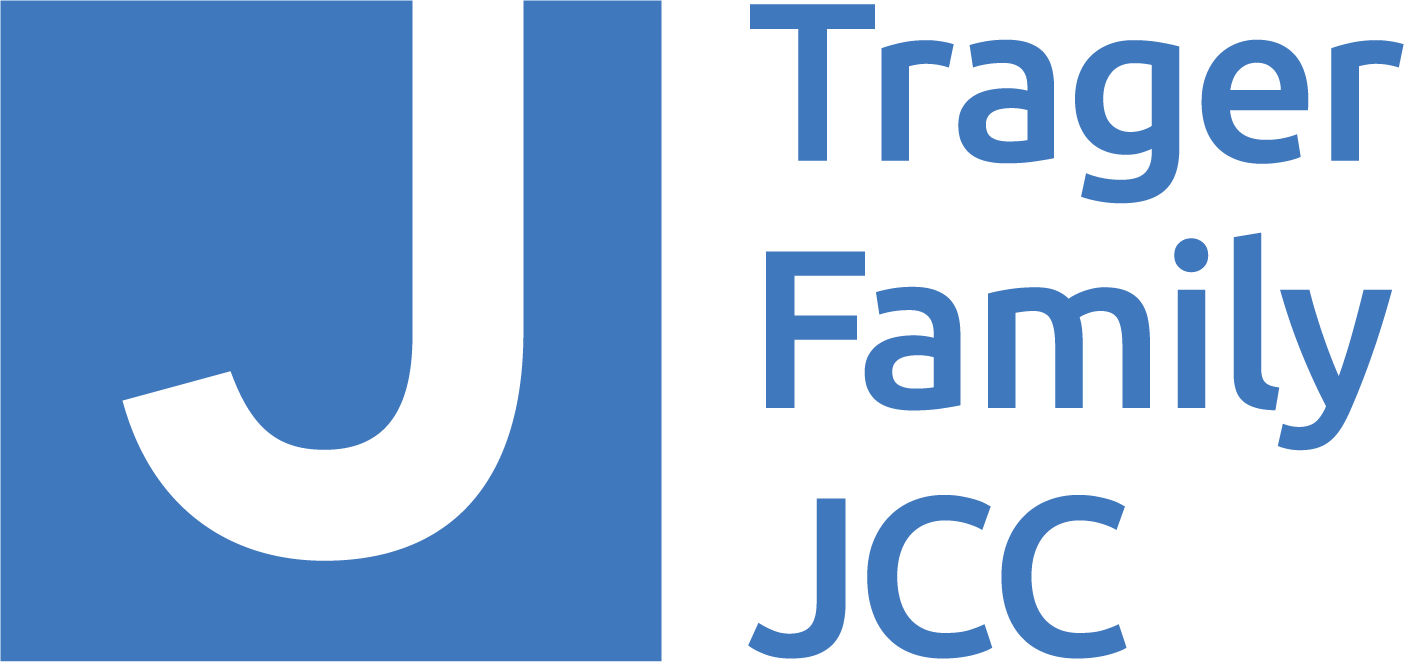
Anti-Vietnam War demonstrators took to the parks and streets of Chicago during the 1968 Democratic National Convention. Young Jews were among the protesters.
Two months before his induction into the Marine Corps, James Straus stood in Chicago’s Grant Park, as police, under orders from Mayor Richard J. Daley, confronted a throng of anti-war demonstrators.
He recalls buses of cops pulling up to the park where the National Guard formed a buffer in front of the protestors. The police hit the ground at the corner Michigan and Balboa, then charged the crowd.
It wasn’t long before tear gas covered the park.
It was really something,” said Straus, a Lexington native. “I think I became more of an entranced observer rather than jumping up and down protesting, even though I was very much against the war and for a [presidential] candidate who would stop the war.”
It was August 1968, and tens of thousands of young people, opposed to the war in Vietnam, took to the streets of the Windy City as the Democratic National Convention nominated Hubert Humphrey for president. Riots broke out in the streets as police and demonstrators clashed.
Half a world away, the Tet Offensive, a series of brutal surprise attacks by North Vietnamese army and Viet Cong guerillas that captured much of South Vietnam, pushed many Americans to oppose the war in Indochina.
Straus, a recent graduate of Yale, who supported the presidential campaign of Sen. Eugene McCarthy, was one of them.
“The Tet Offensive had changed the perceptions of what was going on,” he said. “Walter Cronkite came out in opposition to the war.”
Straus was one of many young Jews who joined the ’60s anti-war movement, which will be dramatized in CenterStage’s production of Hair from Feb. 6 to 22.
Some became leaders of the movement. (Abbie Hoffman and Jerry Rubin gained notoriety at the Chicago convention by running a pig for president.) College students such as Straus, academics such as Noam Chomsky, and performers such as Bob Dylan and Peter Yarrow all joined the cause.
It was the Jewish Beat poet Allen Ginsberg who coined the expression “Flower Power,” which described the passive, non-violent resistance to the war, which is depicted in the play.
Some Jews tried ducking the draft by claiming conscientious objector status, but draft boards had a response to that.
Speaking to the Wexler Oral History Project of the Yiddish Book Center, Mark Gerstein, a student activist at the time who became a history teacher, said Jews claiming conscientious objector status could be asked if they would have fought Hitler.
Many young married couples with children also opposed the war. Ronnie and Marie Abrams of Louisville joined several anti-war demonstrations.
“John Kennedy affected us,” said Marie. “We were young when he ran for office. I think that was the entre for many people like us. Kennedy kind of inspired people to get involved.”
In Straus’ case, he not only demonstrated for peace, but he went to war, reporting for induction to the Marines on Oct. 1, 1968. He served six months in Vietnam, primarily in the Quang Tri Province.
He did it, not because he wanted to (“I was hoping the war would be over by then”), but because he thought it was wrong that people of privilege could get out of serving.
“It wasn’t hard for people who were privileged to stay out of the war, to come up with some reason – often bogus – to become ineligible for the draft. Folks could take teaching jobs, come up with phony disabilities, join the Peace Corps, hide in the reserves. I just didn’t think it was right.”
Looking back, though, Straus, who practices law in Louisville, said his Chicago experience reinforced his “pain” over how the war had divided the country, and his respect for those who had the courage to oppose it.
Those demonstrators, he said, did make a difference.
“It was those opposed to the war, led by a young generation, that finally forced politicians who couldn’t figure a way out of the mess to let loose of the tar baby, to force an end to the thing.”


